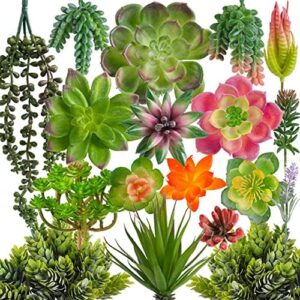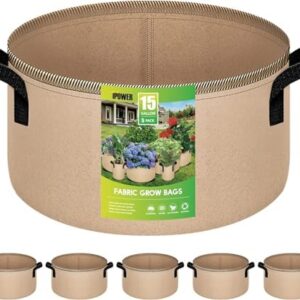In a world where food production is becoming increasingly industrialized and reliant on chemicals and pesticides, organic gardening is emerging as a sustainable and environmentally-friendly alternative. Growing our own food organically not only helps to reduce our reliance on harmful chemicals, but also contributes to the overall health of our bodies and the planet. So, why is organic gardening the answer to sustainable food production?
First and foremost, organic gardening is all about working in harmony with nature. Instead of relying on synthetic fertilizers and pesticides, organic gardeners use natural methods to nourish and protect their plants. This includes things like composting, using beneficial insects, and rotating crops to prevent pests and diseases. By avoiding harmful chemicals, organic gardening helps to protect the soil, water, and air from pollution, ultimately creating a healthier environment for all living beings.
One of the key benefits of organic gardening is its focus on soil health. Healthy soil is the foundation of a successful garden, as it provides plants with essential nutrients and helps them to grow strong and disease-resistant. Organic gardeners prioritize building up their soil through practices like adding compost, mulching, and cover cropping. These methods help to increase soil fertility, improve water retention, and promote beneficial microorganisms, creating a thriving ecosystem that supports plant growth and reduces the need for artificial inputs.
In addition to benefiting the soil, organic gardening also has a positive impact on biodiversity. By creating diverse habitats for beneficial insects, birds, and other wildlife, organic gardens help to maintain a healthy ecosystem that can naturally regulate pests and diseases. This reduces the need for chemical interventions and promotes a more balanced and sustainable environment. In fact, studies have shown that organic farms have higher levels of biodiversity and healthier ecosystems than conventional farms, demonstrating the importance of organic gardening in promoting a more sustainable food system.
Furthermore, organic gardening promotes the use of heirloom and open-pollinated seeds, which are essential for preserving genetic diversity and promoting resilience in our food supply. Unlike hybrid seeds, which are bred for specific traits and often require chemical inputs to thrive, heirloom and open-pollinated seeds are more adaptable to different growing conditions and offer a wider range of flavors and textures. By saving and sharing these seeds, organic gardeners help to ensure that our food system remains diverse and resilient in the face of challenges like climate change and disease.
Another important aspect of organic gardening is its emphasis on local and seasonal food production. By growing our own food organically, we can reduce our carbon footprint and support local economies by buying fresh, seasonal produce from farmers and gardeners in our own communities. This not only helps to reduce the environmental impact of transporting food long distances, but also connects us more deeply to the land and the people who grow our food. In an age where many of us are disconnected from the sources of our food, organic gardening offers a powerful way to re-establish that connection and become more self-sufficient in our food production.
Overall, organic gardening is a holistic and sustainable approach to food production that benefits not only our bodies, but also the health of the planet. By working in harmony with nature, building healthy soil, promoting biodiversity, and supporting local and seasonal food production, organic gardeners are leading the way towards a more sustainable and resilient food system. Whether you have a small backyard garden or a larger plot of land, there are many ways to start growing your own food organically and contribute to a healthier and more sustainable future for all. Give it a try and see for yourself the many benefits of organic gardening!






